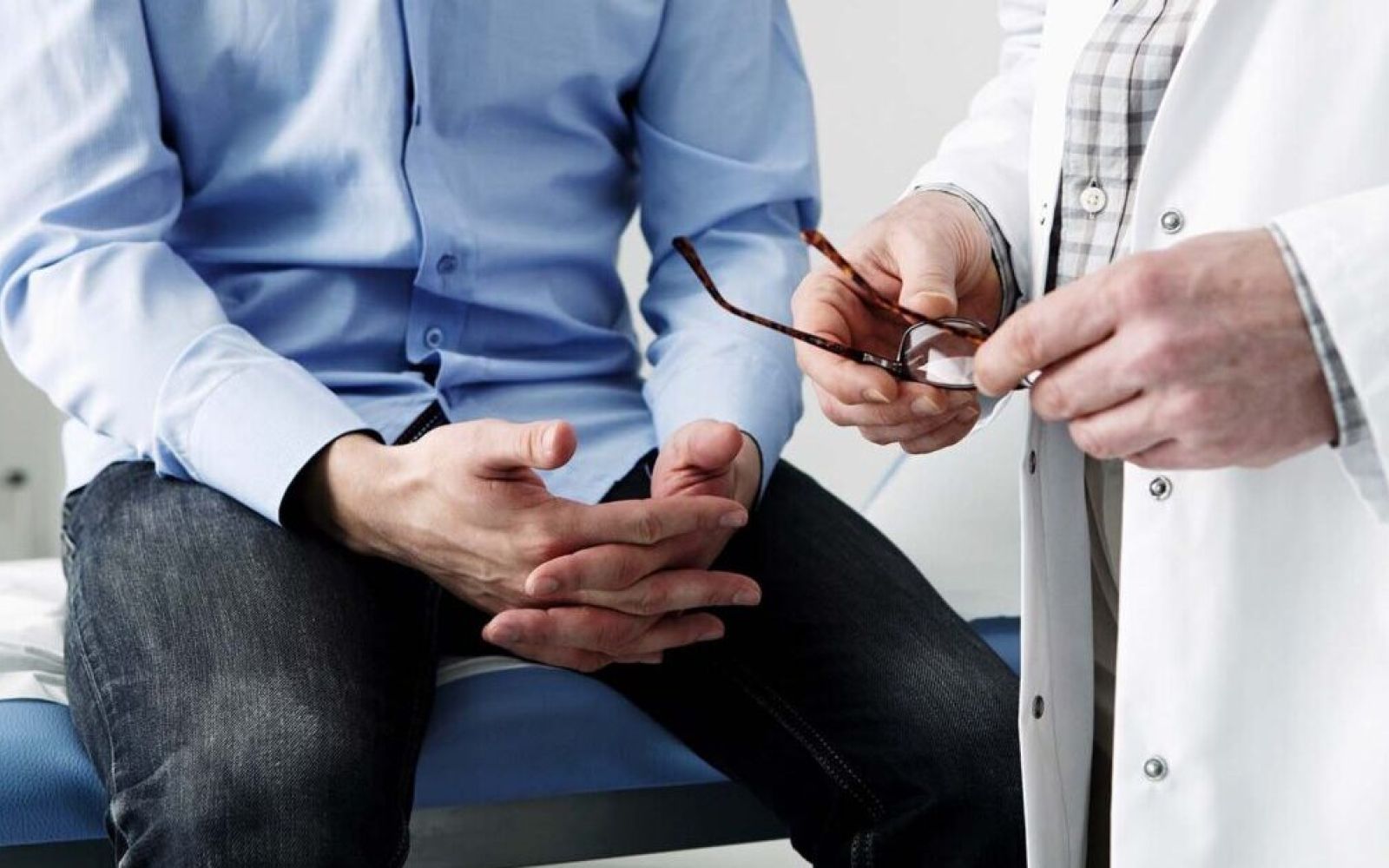The basics of testicular cancer.
Testicular cancer can form at any age, but is most common in men ages 20-39.

Testicular cancer affects one or both testicles – the male reproductive organs that produce sperm and testosterone. It is a rare form of cancer that accounts for only about 1% of all cancers in men. Fortunately, it is often curable, especially when diagnosed and treated early.
Causes
The specific cause of testicular cancer is unknown, however there are certain risk factors that may increase the likelihood of this type of cancer:
- Exposure to certain chemicals.
- Family or personal history of testicular cancer.
- HIV infection.
- Surgery involving the scrotum, the sac which holds the testicles.
- Testicular trauma such as a crushing injury, blunt trauma and other accidental injuries.
- Abnormal testicle development where one or both testicles fail to move into the scrotum before birth.
- Klinefelter syndrome, a genetic condition that occurs in males who have an extra X chromosome.
- Infertility caused by abnormal sperm production, sperm function or blockages of sperm movement.
- Tobacco use.
- Down syndrome.
White men are more likely to develop testicular cancer than are those who are Black, Hispanic or Asian-American.
Screening and Symptoms
There is no standard or routine screening test for testicular cancer. Often times, it is discovered during a self-exam or by a doctor during a routine physical exam where hard lumps, nodules or changes to the testicles are noticed.
Symptoms of testicular cancer can include:
- Discomfort or pain in one or both of the testicles, or a feeling of heaviness in the scrotum.
- A dull ache in the groin or lower abdomen.
- An enlarged testicle or a change in the way it feels.
- A lump or swelling in either testicle.
- Sudden build-up of fluid in the scrotum.
If you notice any of these symptoms, you should see your doctor as soon as possible. Additional tests to make a diagnosis can be done. These include a CT scan of the abdominal and pelvic area, an ultrasound scan of the scrotum or a blood test for tumor markers. In certain instances, the testicles may be removed for further testing and biopsy.
Treatment
Depending on your diagnosis, the doctor may recommend one, or a combination of, three treatment options:
- Chemotherapy using specific medicines to kill the cancer cells.
- Surgical removal of one or both testicles.
- Radiation therapy using high-dose x-rays or other high-energy rays may be used after surgery to prevent the tumor from returning.
For questions regarding testicular cancer and treatment, visit the Dr. Robert E. Hardy Cancer Center at Nashville General Hospital or call 615-341-4383. Learn more about issues affecting men’s health by scheduling an appointment with the Men’s Health Center.
The Nashville General Hospital Foundation provides additional guides with topics covering questions and procedures to assist patients and families addressing cancer concerns.
This information is not intended to be a substitute for professional medical advice. You should talk with your primary care physician or other qualified medical professionals regarding diagnosis and treatment of a health condition.



